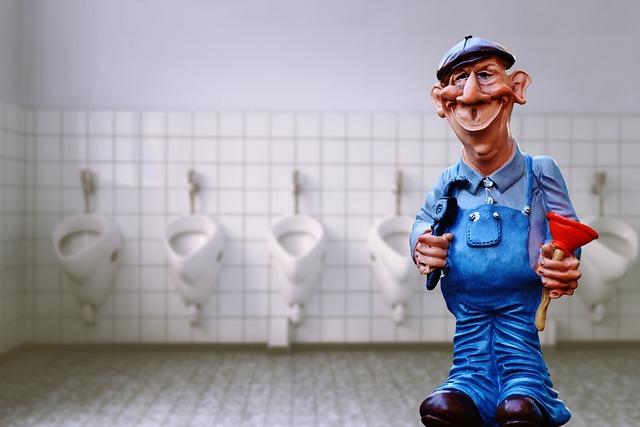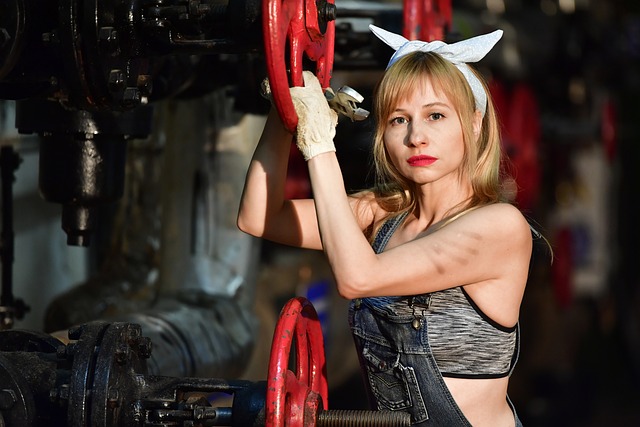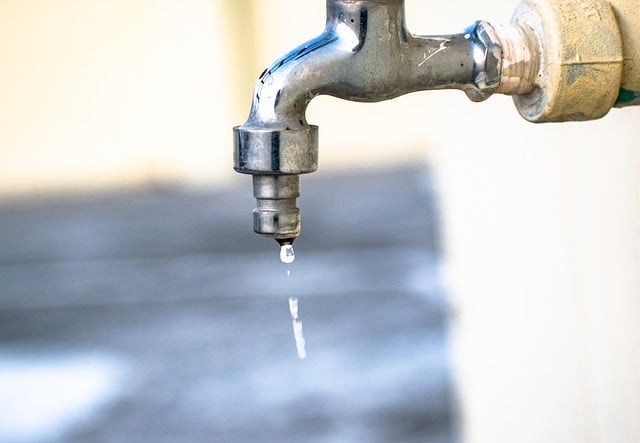Professional plumbers conduct detailed assessments of plumbing systems to identify issues like leaks and inefficiencies, which can lead to significant water wastage. They recommend and install water-saving fixtures such as low-flow toilets, faucet aerators, and efficient showerheads to improve system performance and conserve water. These experts also evaluate the need for pipe upgrades to modern, corrosion-resistant materials, which enhances both water efficiency and safety. Post-upgrade, regular maintenance by a plumber is crucial to ensure the system's integrity and performance are sustained. This includes pressure testing, filter checks, and predictive maintenance to fine-tune and replace parts before they fail. By engaging a plumber for ongoing care, property owners can maintain their water conservation efforts and the efficiency of their plumbing systems over time.
When addressing water conservation and plumbing efficiency, a pivotal approach lies in strategic upgrades to existing systems. This article delves into the transformative potential of modernizing your plumbing infrastructure. We’ll explore how professional plumbers can assess current systems for their efficiencies and identify areas ripe for improvement. Subsequently, we will outline the most effective fixtures and pipes designed for water conservation. Finally, we’ll discuss maintenance best practices to maintain this efficiency in the long term. Embarking on such upgrades not only benefits the environment but also offers financial savings and aligns with sustainable living practices.
- Assessing Current Plumbing Systems for Efficiency and Conservation
- Strategic Upgrades for Water-Efficient Fixtures and Pipes
- Maintenance Best Practices Post-Upgrade to Ensure Long-Term Efficiency and Conservation
Assessing Current Plumbing Systems for Efficiency and Conservation

When considering the upgrade of plumbing systems for improved efficiency and water conservation, a thorough assessment of the current infrastructure is paramount. Homeowners and businesses alike can benefit from the expertise of professional plumbers who specialize in evaluating existing systems. These experts conduct comprehensive inspections to identify leaks, water pressure issues, and outdated fixtures that contribute to water waste. By utilizing advanced diagnostic tools and technologies, plumbers can pinpoint exact locations where repairs or replacements are necessary to enhance water conservation. This initial step is crucial in determining the potential for efficiency gains and the associated return on investment. Additionally, assessments often reveal opportunities to incorporate modern water-saving devices such as low-flow toilets, aerators for faucets, and efficient showerheads. Plumbers can advise on the best practices for retrofitting these fixtures to ensure they align with the overall efficiency goals of the plumbing system. By taking a proactive approach to assessing current plumbing systems, property owners can make informed decisions that lead to significant water savings and cost reductions over time.
Strategic Upgrades for Water-Efficient Fixtures and Pipes

When considering strategic upgrades for water efficiency in residential or commercial settings, the role of a skilled plumber cannot be overstated. Homeowners and property managers looking to enhance their water conservation efforts can significantly benefit from installing modern, water-efficient fixtures. These include low-flow showerheads, faucets, and toilets that are designed to reduce water usage without compromising performance. By replacing outdated models with these efficient alternatives, users can see a marked decrease in their water bills while still maintaining the desired level of comfort and functionality. Additionally, a plumber’s expertise is crucial when it comes to assessing the condition of existing pipes and determining whether they need to be replaced or repaired to ensure optimal water pressure and flow. Older pipes often suffer from leaks, corrosion, and reduced diameter due to deposits—all of which can lead to wasteful water loss. Upgrading to newer, corrosion-resistant pipes not only conserves water but also minimizes the risk of contamination and ensures a more reliable supply throughout the property. The integration of smart technology, such as pressure regulators and water sensors, further enhances water conservation strategies. These technological advancements allow for real-time monitoring and efficient management of water usage, providing homeowners and businesses with valuable insights into their water consumption patterns.
Maintenance Best Practices Post-Upgrade to Ensure Long-Term Efficiency and Conservation

Post-upgrade maintenance is a critical component in ensuring that plumbing systems deliver optimal efficiency and conserve water effectively over the long term. Engaging a skilled plumber for regular check-ups after any upgrade is essential to preserve the integrity and performance of the new system. These professionals should conduct thorough inspections, including pressure testing to detect any leaks or weak points that may arise despite a successful installation. They should also clean and maintain filters and fixtures, as sediment buildup can reduce the efficiency of water-saving devices over time.
A plumber’s role extends beyond immediate repairs; they provide valuable insights into predictive maintenance, which involves monitoring system performance to anticipate issues before they escalate. This proactive approach includes adjusting mechanisms, tightening connections, and replacing parts that show signs of wear. By implementing a schedule for regular maintenance, property owners can extend the lifespan of their upgraded plumbing systems, ensuring they continue to operate at peak efficiency, thereby maximizing water conservation efforts. Regularly scheduled maintenance by a professional plumber is the key to maintaining the long-term benefits of any plumbing upgrade.
In conclusion, addressing the efficiency and conservation of water through strategic upgrades in plumbing systems is a commendable endeavor for both residential and commercial entities. By meticulously assessing current setups, implementing water-efficient fixtures, and selecting appropriate pipes, significant improvements can be made in water usage patterns. Moreover, adhering to maintenance best practices post-upgrade is crucial for sustaining the enhanced performance of these systems. Engaging with professional plumbers who specialize in such retrofits will not only ensure optimal functionality but also contribute to a more sustainable environment and potentially reduce utility costs over time. It is a prudent investment with tangible benefits for all stakeholders involved.
